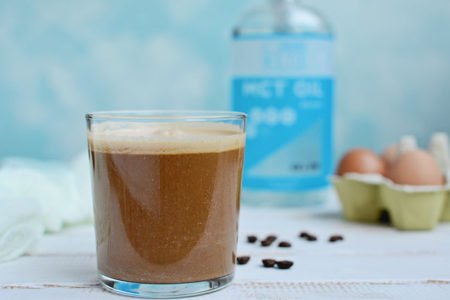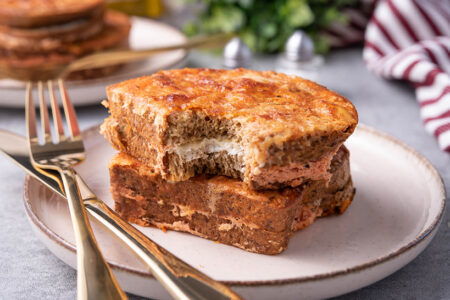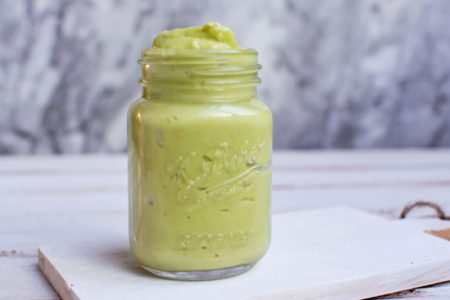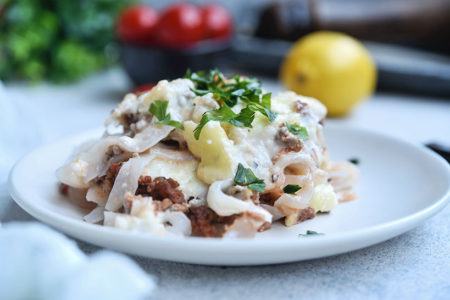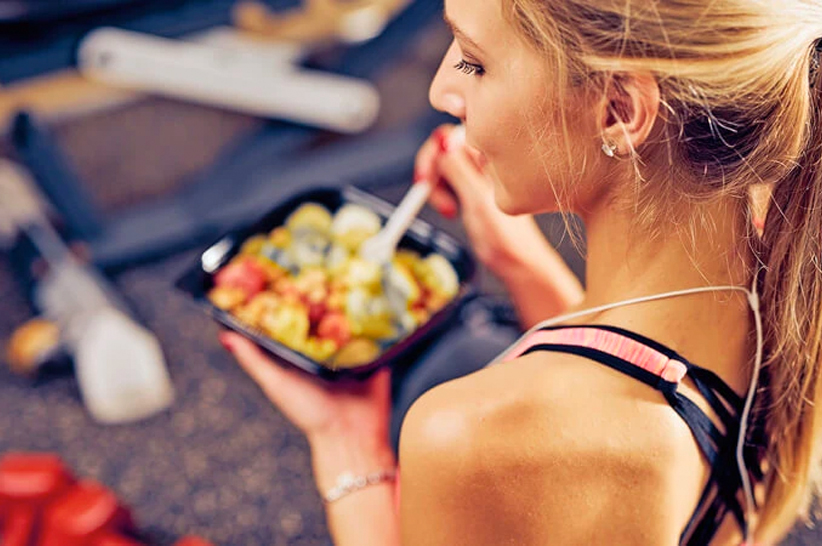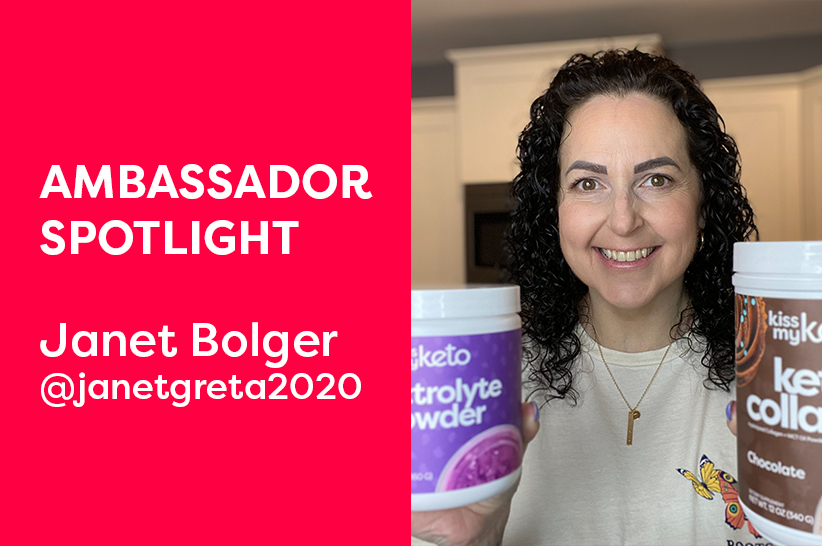Working out regularly increases strength, stamina, muscle mass, and comes with a plethora of health benefits. But to get the most out of your workout routine, you also need to eat right.
While many people are aware that pre-workout meals help them power through their routine, not everyone knows what and when to eat after a workout.
If you don’t think you know what to eat after a workout, we’ll discuss the science- and expert-backed facts on great post-workout nutrition.
We will also cover post-workout nutrition for those on a keto diet, which is different than what people normally associate with post-workout nutrition.

Why Eating After a Workout Is Important
During a more intense workout, you lose stores of muscle glycogen 1. Glycogen is your body’s store of glucose, a simple sugar that provides energy. Besides losing glycogen, you may also have varying degrees of muscle breakdown during vigorous workouts.
While these things are completely normal, they can cause problems if not followed up with adequate nutrition, including a noticeable decline in performance due to low glycogen levels and loss of muscle strength and mass due to inadequate protein stores.
Registered Dietitian Nutritionist Lauren Gustafson shares her thoughts:
“Post-workout nutrition is incredibly important- it is one of the main factors that determines how well you will progress with your workouts, along with how well you will recover.
If you have a weight loss, strength, or endurance goal, post-workout nutrition will have to be prioritized.”
Another reason to eat after a vigorous workout is to get enough vitamins and minerals, as well as to replenish electrolyte and fluid levels. Eating sensibly after workouts can also affect your weight, so depending on whether your goal is to lose fat or gain muscle, you’ll need to consider your overall calorie needs as well.
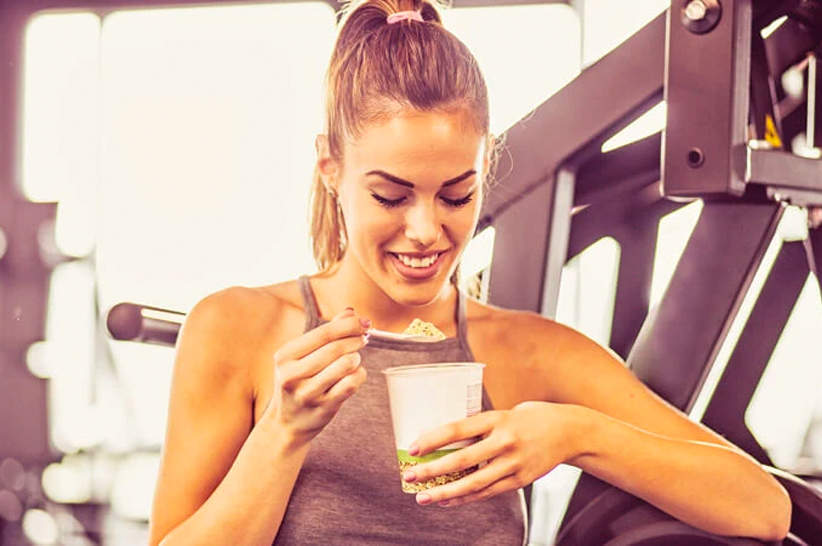
Post-Workout Meal Timing Is Crucial
According to the International Society of Sports Nutrition (ISSN), when you eat is just as important as what you eat for recovery, tissue repair, and muscle building [2]. It may also have a strong effect on your post-workout mood.
So, when should you chow down after your exercise session?
That really depends on the type of workout you do and your goals. As with many things in life, there’s no one-size-fits-all approach in sports nutrition. But as a general guide, the ISSN and other academic organizations recommend 1, 2:
- Eating protein immediately to 2 hours after a workout to increase muscle protein synthesis.
- Eating 1.0–1.2 g of carbs per kg of body weight 1 hour after a workout to stimulate muscle glycogen production.
Julie Stefanski, Registered Dietitian Nutritionist and Spokesperson for the Academy of Nutrition & Dietetics, says:
“Choosing the right recovery nutrition post-workout can significantly impact soreness and repair of damaged muscle tissue.
It’s recommended to consume a meal within 1 to 3 hours of a hard workout to promote maximum recovery. It doesn’t necessarily mean you have to eat extra food, but timing your meal to follow up a hard workout provides fuel within the opportune window of repair.”
All in all, a meal balanced in both carbs and protein eaten immediately or up to 3 hours after a workout makes for good post-workout nutrition. However, post-workout foods should also be balanced in fat, vitamins, and minerals.
Want to know where you can get all those nutrients in the right amounts?
Below is a short food list explaining which foods are highest in what nutrient.
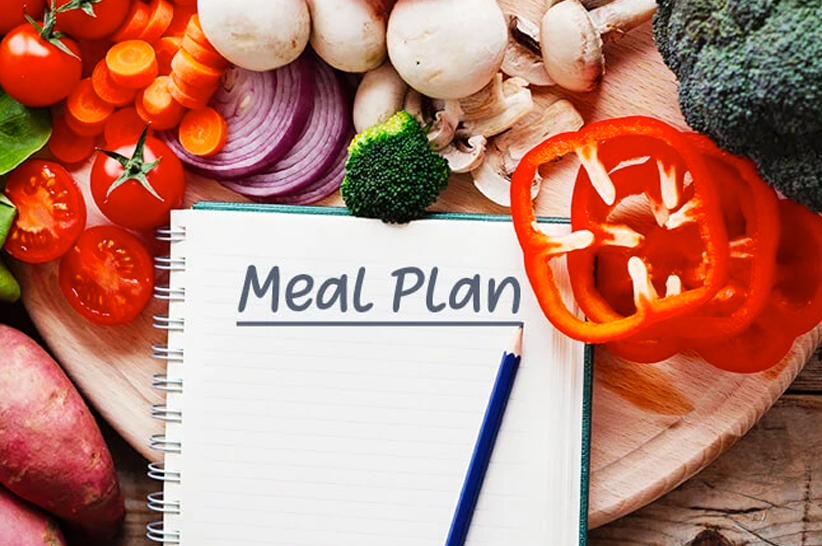
Post Workout Food List
Most food contains a combination of different macro and micronutrients in varying amounts. To help you meet your post-workout nutrition needs, here is a list of foods and their macro composition.
Carbs
You probably noticed that there’s a huge emphasis on carbs in sports nutrition. That’s because your body is practically running on carbs when you work out in shorter durations. There are some exceptions to this rule, however.
People on low-carb and especially on ketogenic diets, for example, are fueled primarily by fats because they’re keto-adapted 3. These types of athletes are able to eat only around 50 grams of carbs per day and still power through their workouts. If you’re on a higher-carb diet, you should eat around 130 grams of carbs per day from foods such as these 1, 4:
- Large baked potato (63 g)
- Large sweet potato (37 g)
- Whole-grain bagel (47 g)
- 4 vanilla wafers (19 g)
- Large banana (31 g)
- 1 cup cooked quinoa (40 g)
- ½ cup dry oats (29 g)
- 1 cup cooked whole-grain pasta (37 g)
- 1 cup of chocolate milk (26 g)
If you’re on a keto diet, however, skip these foods and eat high-fat, low-carb, and moderate-protein foods as you normally would.
Protein
Protein is just as important as carbs when you’re active. How much you should eat will depend on the intensity and type of workout. Bodybuilders typically need to eat more protein than other athletes or regular gym-goers 5. Those on calorie-restricted diets may also want to boost protein intake to prevent muscle wasting.
Katie M. Dodd, MS, RDN, CSG, LD, FAND, mentions that the best foods to eat after working out are those high in protein – meat, eggs, tofu, beans, nut butters, or even protein drinks.
Aim for 1.6–2 grams of protein per kilogram of body weight. Eating protein after your more intense workouts can aid in muscle recovery, but make sure to distribute your protein intake as evenly as possible throughout the day.
Some of the best muscle-building sources of protein include:
- 3 oz. chicken breasts (25 g)
- 1 large egg (7 g)
- ½ cup tofu (7 g)
- 8 oz. Greek yogurt (15 g)
- ½ cup cottage cheese (12 g)
- 2 tbsp. peanut butter (7 g)
- 1 26 oz. can tuna (25g)
- 2 tbsp. protein powder (30 g)
These foods are also suitable for those on a keto or other low-carb diets since all are relatively low in carbs.
Fats
Fat isn’t as popular in sports nutrition, but it’s still an essential nutrient. Some researchers believe that eating fat can help you become fat-adapted, i.e. boost your body’s ability to burn fat and spare glycogen during workouts 6. This is especially true for people on keto diets since their bodies primarily use fat for energy because their carb intake is so low.
To maintain your health and get the most out of fats during your workouts and after, eat a variety of polyunsaturated, monounsaturated and saturated fats, and avoid trans fats found in partially hydrogenated oils. (Unsaturated fats are considered the healthier kinds of fats, so try to make sure you get plenty of them over a diet predominantly high in saturated fat.)
Great sources of fats are:
- Nuts and seeds
- Avocado
- Olive oil
- Butter or ghee
- Full-fat dairy
- Oily fish
- MCT oil
Make high-fat foods a priority on a keto diet, and eat them in moderate amounts on a standard diet.
Sample Post Workout Meal Plan – Keto-Friendly
For the keto-adapted fitness enthusiast, here’s a one-week meal plan to help you stay on track of your keto diet as well as your fitness progress. The meals listed below are high in fat, moderate in quality protein, and fairly low in carbs.
MONDAY
Baked Mini Frittatas with Mushrooms
Make these bite-sized frittatas whenever you need a convenient high-protein snack. You’ll get 9 servings from this recipe, each providing a hefty 11.3 grams of protein for post-workout recovery.
Nutrition facts: Calories 136 | Fat: 9.1 g | Protein: 11.3 g | Net carbs: 2.6 g
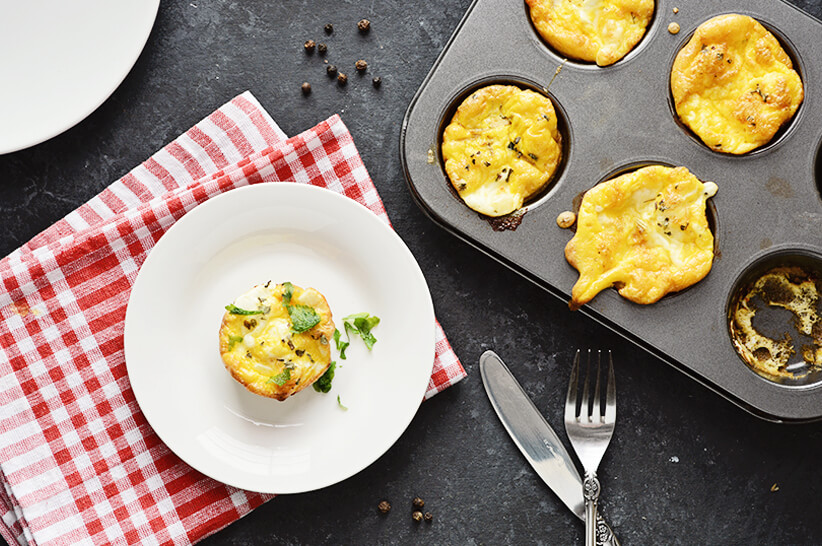
TUESDAY
Very Berry Chocolate Protein Smoothie
Protein-rich smoothies are a favorite post-workout drink. This one is made with antioxidant-rich berries, keto-friendly protein powder, and almond milk.
Nutrition facts: Calories 139 | Fat: 4 g | Protein: 13.8 g | Net carbs: 6.7 g
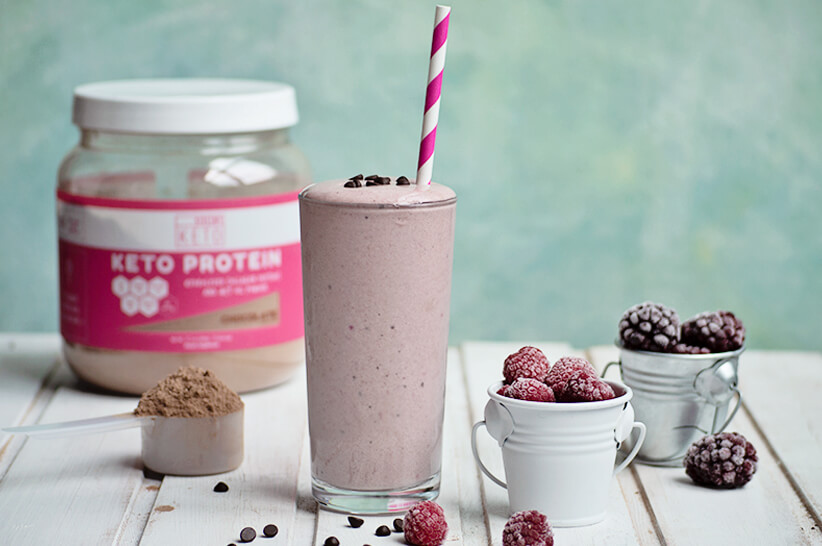
WEDNESDAY
Keto Italian Rollups
A ham sandwich after a workout is a great post-workout meal when you’re a high-carber. But since you’re on a keto diet, skip the bun and make these rollups instead.
Nutrition facts: Calories 337 | Fat: 29.5 g | Protein: 15.1 g | Net carbs: 2.5 g
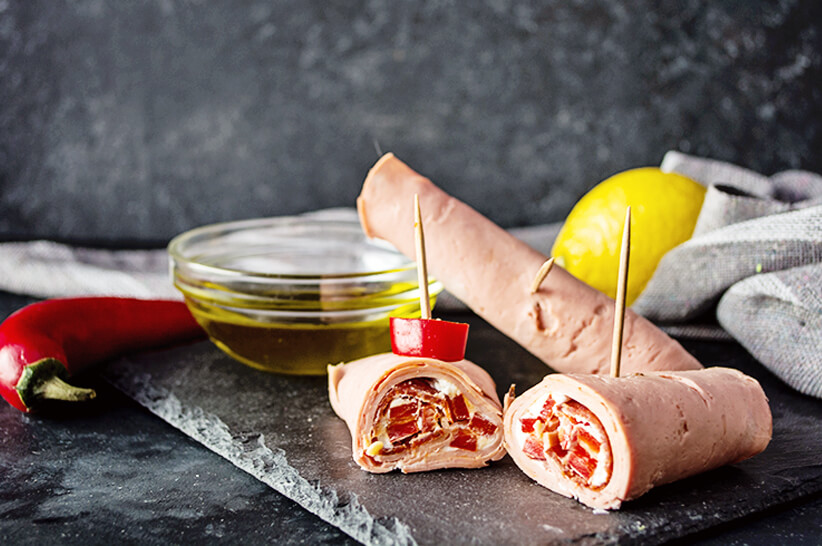
THURSDAY
Green Turkey Salad
Make this healthy and nutritious salad whenever you want your post-workout meal to be well-balanced. Turkey meat is a source of quality protein as well as B-vitamins, which are important for energy production.
Nutrition facts: Calories 154 | Fat: 7.7 g | Protein: 16.7 g | Net carbs: 3 g
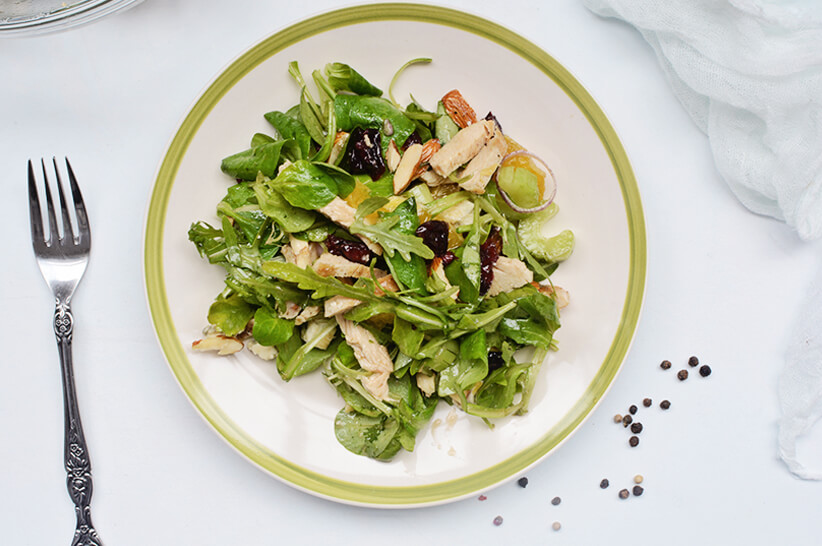
FRIDAY
Salmon Patties
Salmon contains omega-3 fatty acids, essential fatty acids with anti-inflammatory properties. These salmon patties are a convenient way to add this healthy fat to your post-workout nutrition. The addition of avocado and other quality ingredients here further boosts the healthfulness of this meal.
Nutrition facts: Calories 283 | Fat: 21.2 g | Protein: 17 g | Net carbs: 4.2 g
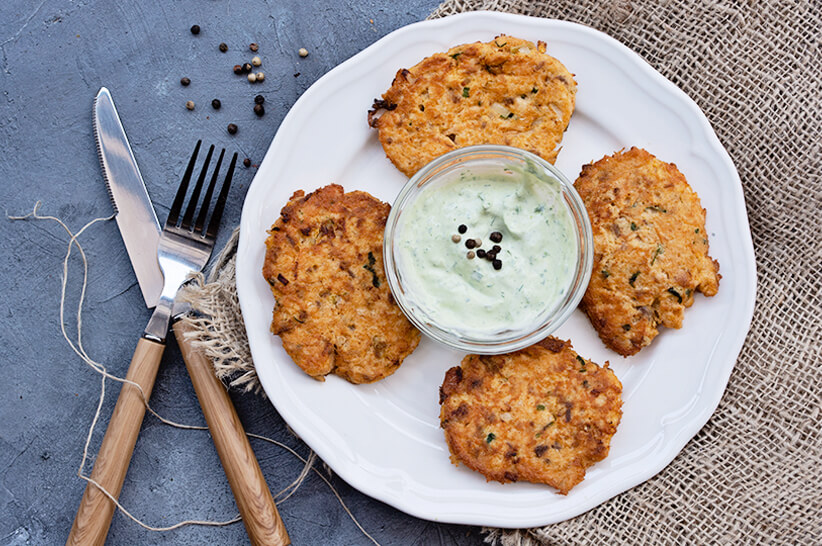
SATURDAY
Cake Batter Ice Cream
Reward your hard work at the gym with a bowl of this decadent ice cream. It’s made with coconut milk, heavy cream, and protein powder. The result is a protein-rich but low-carb dessert you can eat guilt-free on a keto diet.
Nutrition facts: Calories 223 | Fat: 17.9 g | Protein: 12.8 g | Net carbs: 3.3 g
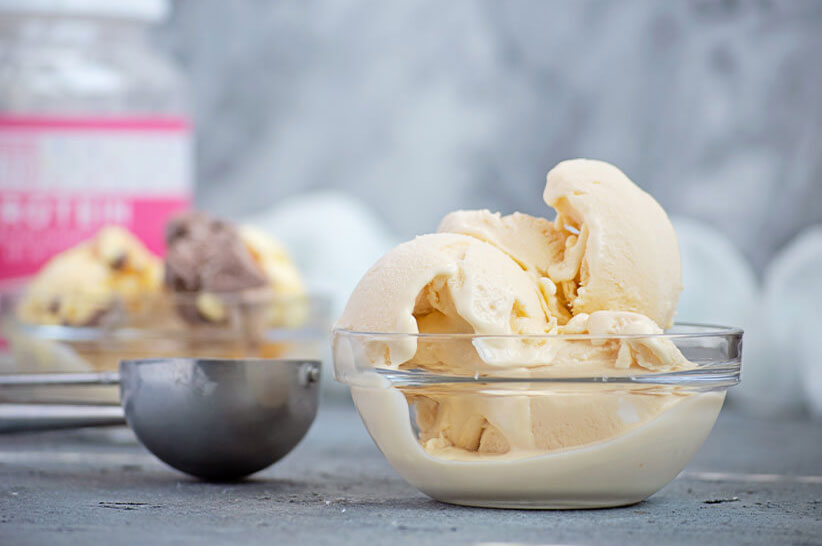
SUNDAY
Keto Bagels
Keto-ers can have bagels after a workout, too. These are made with fathead dough, which is high in both protein and fat. Feel free to have two of these bagels to help reach your daily protein requirements, and even enjoy them with some cream cheese.
Nutrition facts: Calories 128 | Fat: 10.2 g | Protein: 6.9 g | Net carbs: 1.8 g

For more keto-friendly recipes, click here.
What About Hydration?
Sweating at the gym can easily leave you dehydrated, that’s for sure. Some people argue that sports drinks work better in helping you rehydrate than drinking plain water. These drinks typically contain carbohydrates and electrolytes to aid in replenishing depleted glycogen stores and restore electrolytes lost via sweat Some also contain B vitamins and amino acids for boosting energy levels.
These drinks can come in handy after workouts, but they are not irreplaceable. A simple protein-rich smoothie or post-workout meal taken with a glass of water can help you rehydrate just as well.
Conclusion
Exercising and good nutrition go hand-in-hand. What you eat before and after your workouts can make a huge difference in your stamina, body composition, and even mood. Generally, nutrition experts recommend eating a protein and carbohydrate-rich meal soon after your more intense workouts, typically up to 2 hours afterward. However, if you’re on a low-carb diet, different rules apply, as discussed earlier.
No matter what diet you’re on, you’ll want to focus on nutrient-rich meals and snacks as well as maintaining adequate hydration while focusing on improving physical fitness, as this will prevent declines in performance and muscle damage. How much of each macronutrient you’ll need to eat depends on factors such as workout intensity and what your physical goals are, e.g. building muscle mass or leaning out.
Takeaways
- Post-workout nutrition is important for muscle recovery and performance when workouts are more vigorous in intensity.
- Different diets and workouts have unique post-workout nutrient requirements.
- Keto dieters may not require as many carbs to recover after a workout due to the process of keto adaptation. However, keto-ers do need to focus on protein if they’re highly active, especially when building muscle.


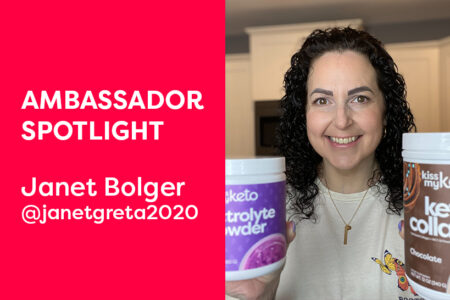
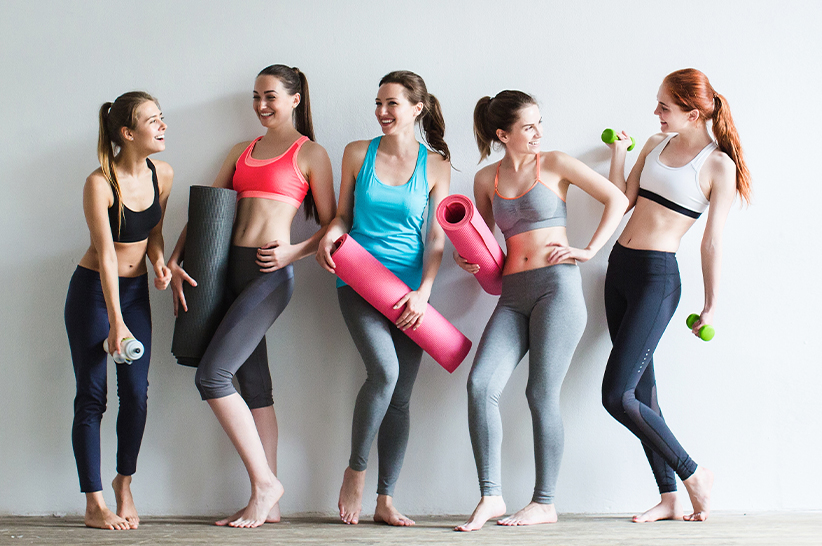
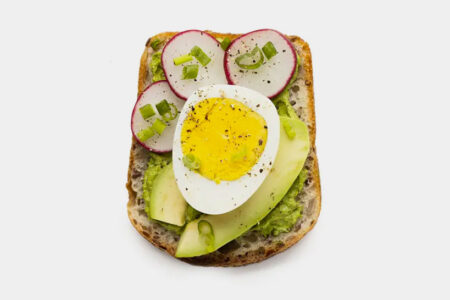
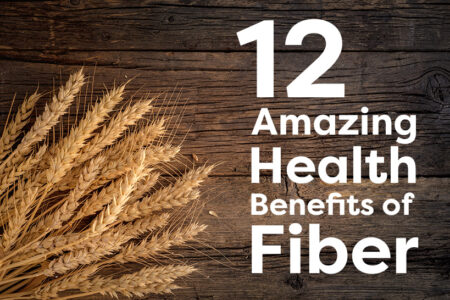
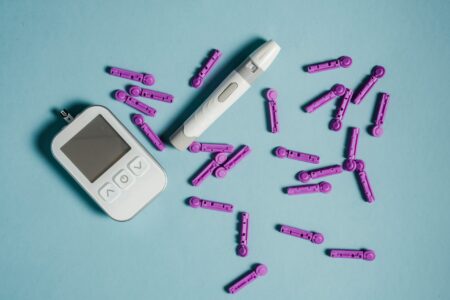

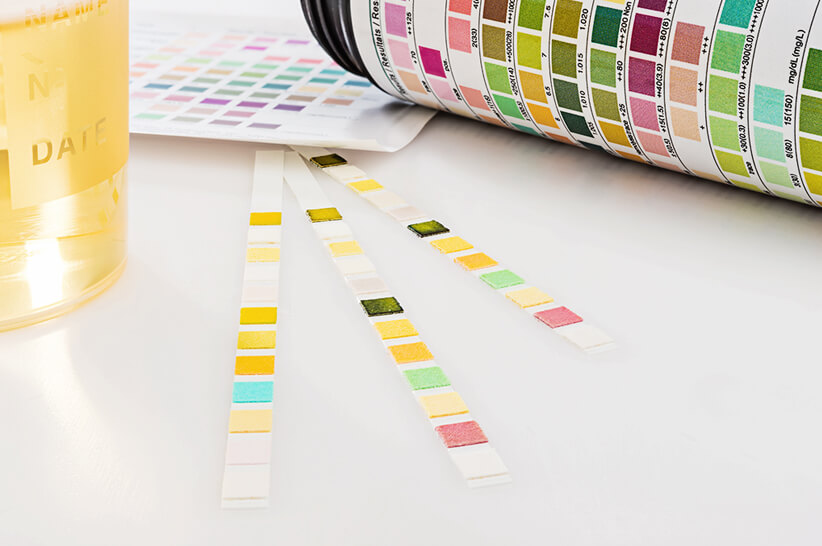
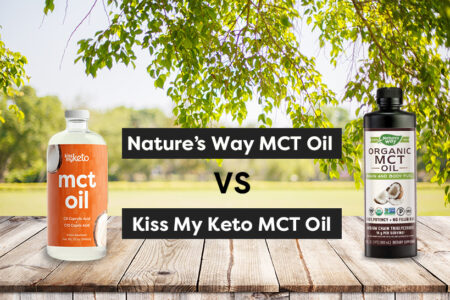
![Juicing for Weight Loss: Everything You Need to Know [Plus Recipes]](/wp-content/uploads/2019/08/Juicing-for-Weight-featured-image.jpg)

